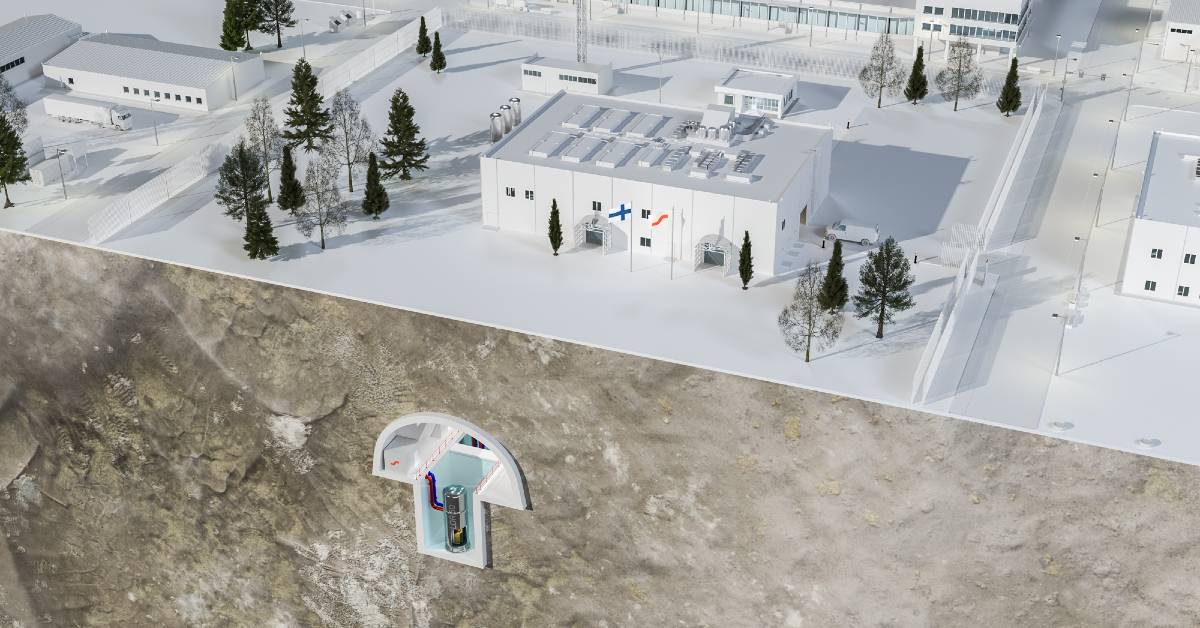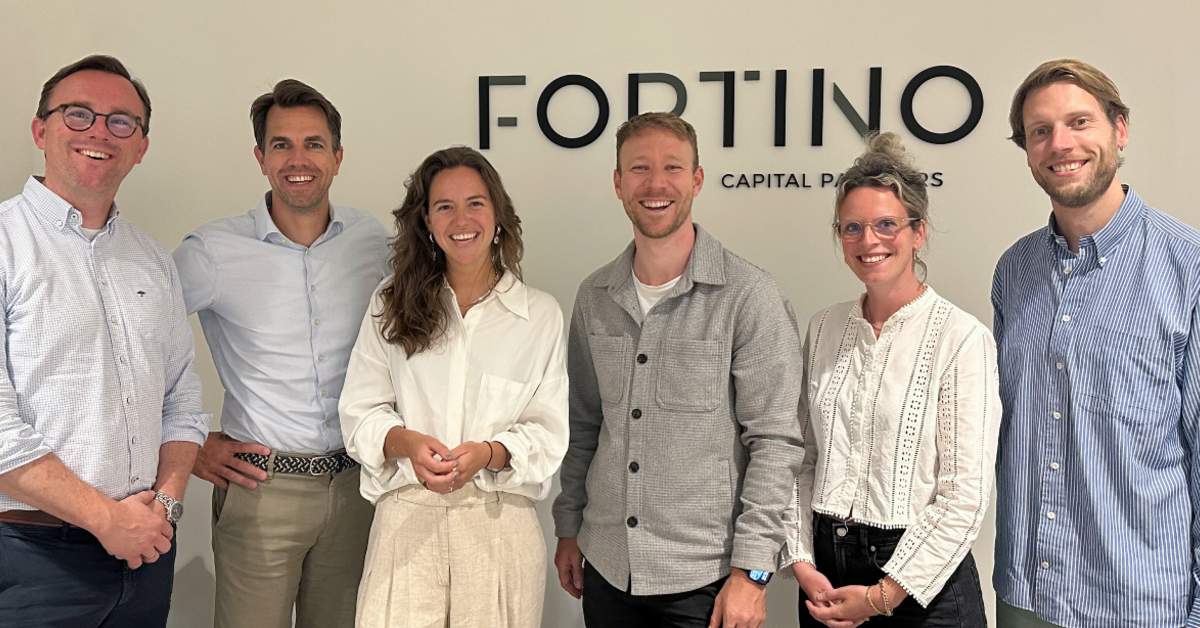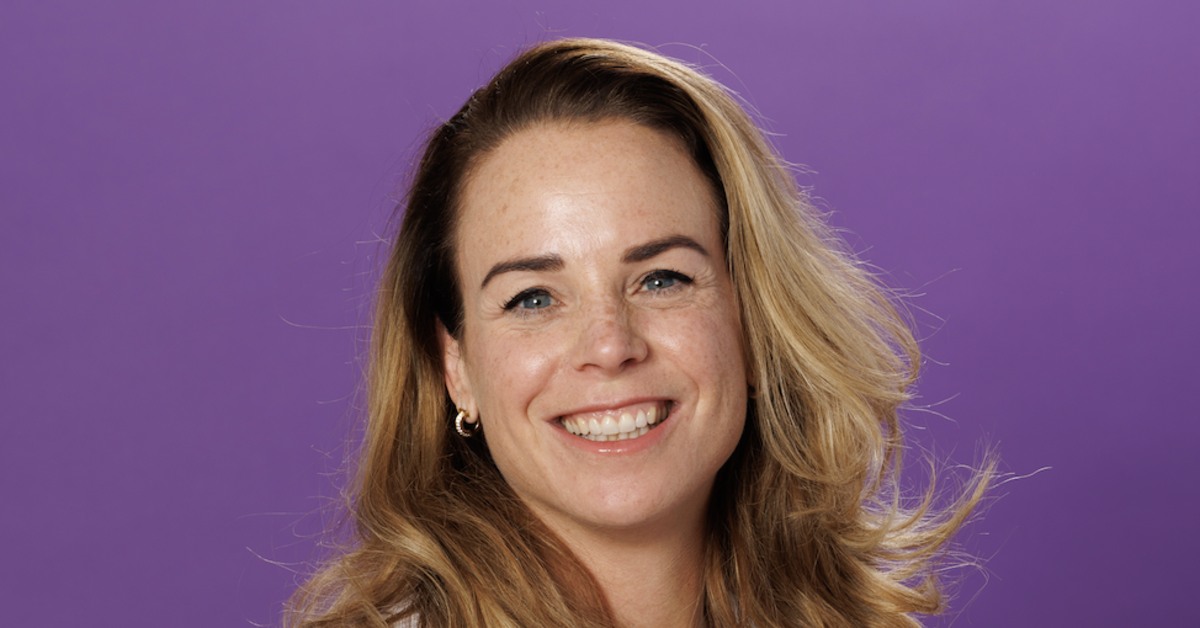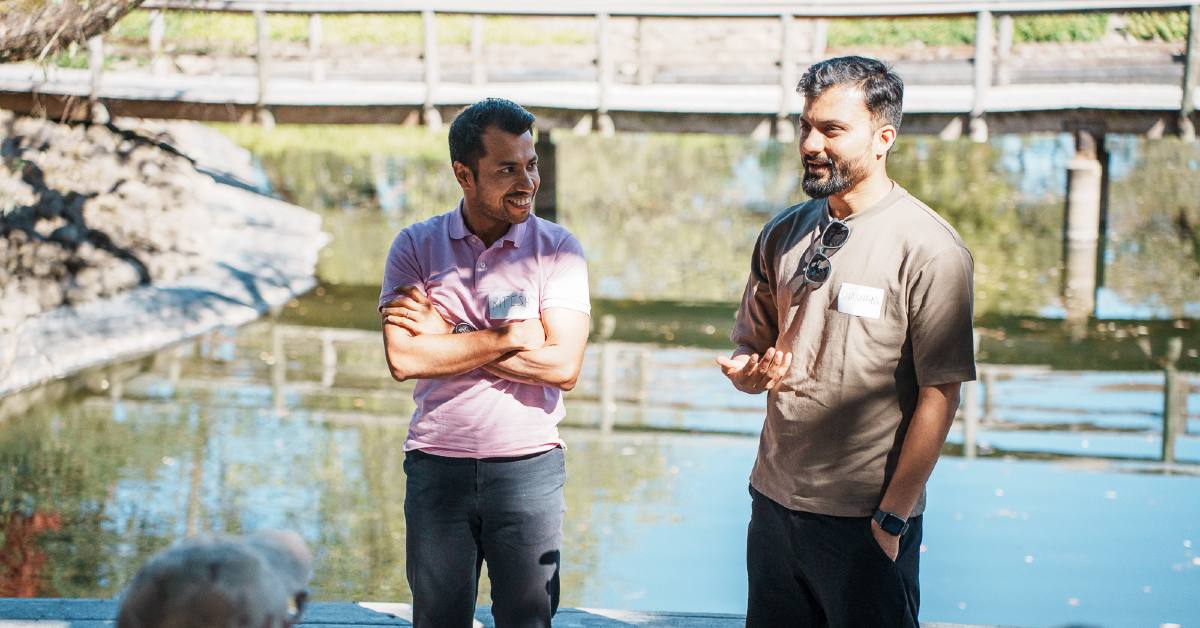Gothenburg-based Swedish Algae Factory, a company specialising in utilising the microalgae group diatoms, has secured €3M in additional funding (loans and grants) from new and existing investors, such as Chalmers Ventures.
Chalmers Ventures is a Tech Investor and Venture Builder in the Nordics, dedicated to creating global growth companies and taking new technology from lab to market.
The focus is on university spin-outs and deep tech. The company employs a unique dual approach that integrates venture creation with tech investments, harnessing the potential of new research and deep tech within Chalmers.
“Swedish Algae Factory has done truly groundbreaking work by scaling their production while generating revenue with existing clients, something that takes deep tech companies usually a lot longer. As green chemicals are something that we at Chalmers Ventures find especially interesting, we can’t wait to see what sort of solutions diatom shells can be used to replace harmful products,” says Jonas Bergman, investment director from Chalmers Ventures.
Fund utilisation
The company will use the funds to accelerate its market expansion and develop new applications.
Additionally, the company announced that it is scaling production at its commercial-scale factory in Western Sweden, producing its patented Algica material, made from the algae’s high-tech silica shell.
Swedish Algae Factory: Showcasing the power of algae
Swedish Algae Factory was founded in 2016 by Angela Wulff, a professor in marine ecology, and Sofie Allert, a biotechnical engineer with a master’s in business development.
The founding duo started to grow algae in the lab at the University of Gothenburg followed by a small 6 sqm greenhouse at the University premises before the company was founded.
The company was founded with the vision to showcase the power of algae as a raw material and the potential to create a climate-positive business using algae.
“We are striving towards a production that is as environmentally friendly as possible, using recycled nutrients and carbon dioxide for algae growth. Our organic by-product is used to produce biogas and eco-fertilizers, but in the future, it may be used in animal feeds, cosmetics, and food products,” says Sofie Allert, CEO and co-founder of Swedish Algae Factory.
Swedish Algae Factory has created a special material called Algica, which has unique properties that change light and manage absorption and release, unlike synthetic materials.
Currently, the facility is divided into two parts — Cultivation and Processing.
The Cultivation is fitted into a 2300 square metre greenhouse and consists of shallow raceway ponds stacked onto each other to create over 3500 square meters of cultivation, with the potential of scaling to 10,000 square meters of cultivation.
Benefits of Agica
Algica also has health and environmental advantages. For instance, diatoms, a type of microalgae, produce up to 20 per cent of the Earth’s oxygen, serving as the “lungs of the ocean.” These natural features make Algica a perfect choice for the personal care industry.
In addition to personal care, Algica has been tested in solar panels for increased efficiency and lithium batteries for increased energy-storage capabilities with great initial results.
As the newest R&D developments have shown, Algica can reduce and replace harmful chemicals in multiple applications, such as wound care and catalyst support.
“Now, with the scaled production and increased interest for Algica in existing and emerging markets, we can scale the impact of algae shells superpower. We are also inviting new investors and industry partners to join our ride to make a big difference in what technologies and ingredients we use in our everyday lives,” Allert concludes.










01
From telecom veteran to Dutch Startup Visa success: The Jignesh Dave story